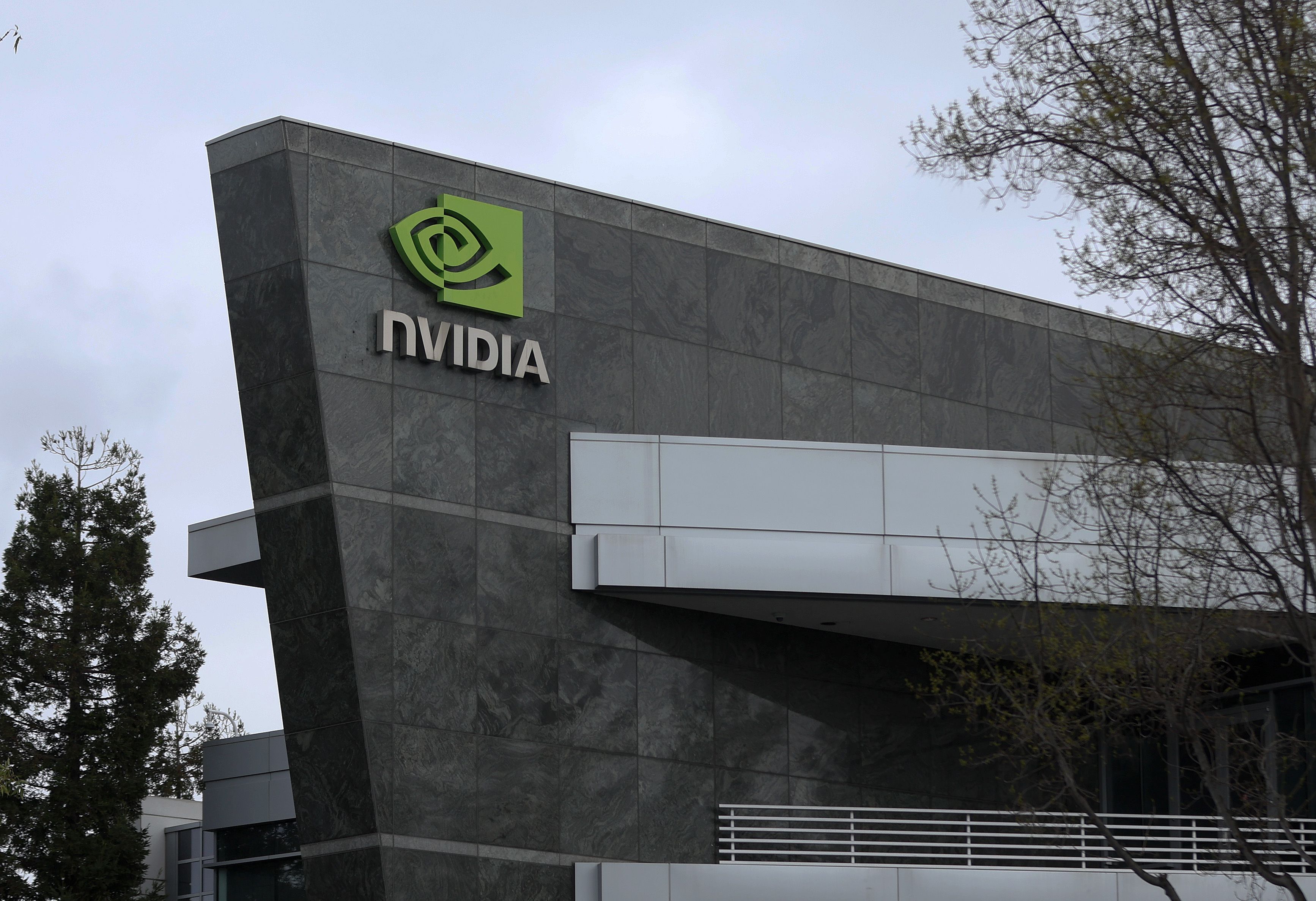
Key Takeaways
- Nvidia introduced two new graphics cards designed to run artificial intelligence (AI) locally on laptops, which could reinforce the chipmaker’s AI dominance as AI is further adopted in the workplace.
- The RTX 500 and 1000 Ada Generation Laptop graphics processing units (GPUs) will be available this spring in some Dell, HP, and Lenovo devices.
- The new laptop GPUs “could accelerate AI enterprise adoption,” Wedbush analyst Dan Ives told Investopedia.
- The new chips could advance Nvidia’s position in the AI boom and support gains for those in its proximity with the company’s expansive AI ecosystem.
Nvidia ( NVDA ) introduced two new graphics cards designed to run artificial intelligence (AI) applications locally on a laptop, which could advance the chipmaker’s position as AI is further adopted into the workplace.
The company announced the RTX 500 and 1000 Ada Generation Laptop graphics processing units (GPUs) that are optimized to run generative AI (GenAI) applications locally.
“The higher level of AI acceleration delivered by the GPU is useful for tackling a wide range of AI-based tasks, such as video conferencing with high-quality AI effects, streaming videos with AI upscaling, or working faster with generative AI and content creation applications,” Nvidia said in a release.
The chipmaker said that the laptop GPUs will be available this spring in products from some of Nvidia’s global manufacturing partners, including Dell Technologies ( DELL ), HP ( HPQ ), and Lenovo.
Dan Ives, a Wedbush analyst, told Investopedia that Nvidia’s new laptop GPUs “could accelerate AI enterprise adoption” and is “another big step forward” in what he calls the “AI revolution.”
The new chips could further Nvidia’s AI dominance , while competitors including Intel ( INTC ) and Advanced Micro Devices ( AMD ) work to catch up.
Other companies within Nvidia’s AI ecosystem could also see gains related to the new AI laptop GPUs as industry leaders have indicated that AI PCs could drive an accelerated upgrade cycle.
Nvidia shares ticked 0.4% higher to $790.92 Monday. The chipmaker reached record highs last week, recording the largest-ever single-day jump in market capitalization and briefly surpassing a $2 trillion market cap .

